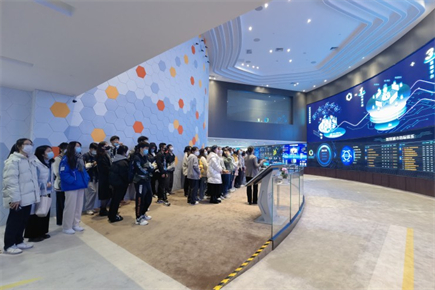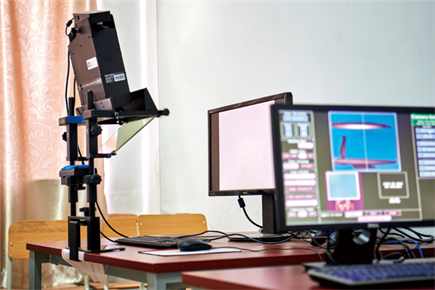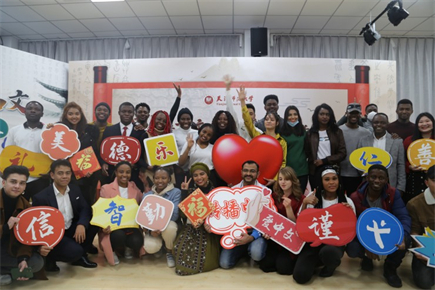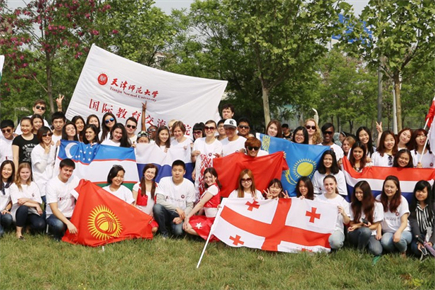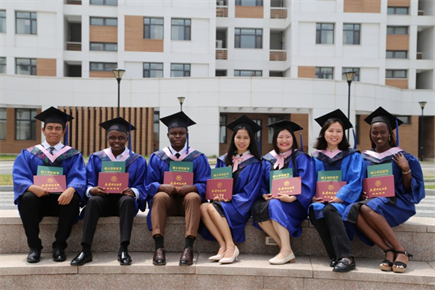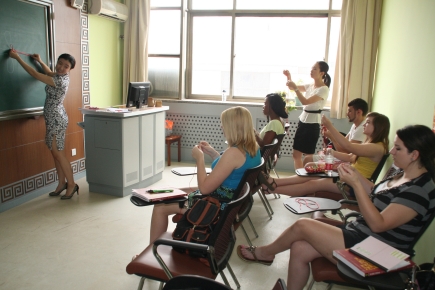Recently, a delegation from the University of Nairobi, Kenya, led by its Acting Vice-Chancellor, Professor Margaret Jesang Hutchinson, visited Tianjin Normal University (TNU). Gong Jinlong, Deputy Secretary of the CPC TNU Committee and TNU's President, held talks with the delegation. The meeting was also attended by Catherine Ondieki, Deputy Director of the Basic Education Department at the Kenyan Ministry of Education, and Bai Xuejun, Member of the Standing Committee of the CPC TNU Committee and TNU's Vice President.
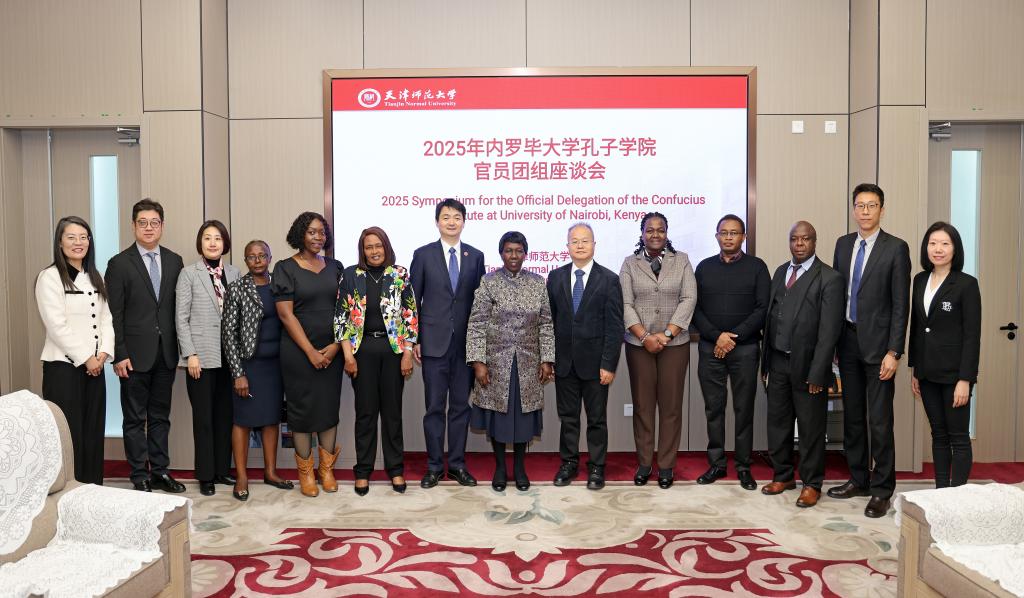
Gong Jinlong expressed his sincere welcome to the delegation. He emphasized that deepening educational exchanges and cooperation between China and Africa serves as a significant measure to implement the Global Development Initiative, promote mutual learning among civilizations, and achieve win-win outcomes through innovative development. Since its inauguration in 2005, the Confucius Institute at the University of Nairobi has received numerous honors and cultivated a large number of outstanding students, establishing itself as a vital platform for educational and cultural exchanges between China and Kenya. He expressed the hope that the two universities would further strengthen all-around cooperation in talent cultivation, scientific research and innovation, and faculty-student exchanges, so as to better align Chinese language education with local talent demands.
Margaret Jesang Hutchinson noted a consistent annual increase in the number of Chinese language learners and scholarship recipients at the University of Nairobi. Over the past year, the China-Africa Civilizational Dialogue Research Center, jointly established by the Center for Language Education and Cooperation under China's Ministry of Education, the University of Nairobi, and TNU, has carried out numerous activities and achieved positive results. She expressed her expectation for continued collaboration to further expand the research scope and yield more outcomes.
Catherine Ondieki pointed out that the Confucius Institute at the University of Nairobi has long been committed to advancing Chinese language education not only in Kenya but across Africa. She emphasized that the institute has provided crucial support and assistance to key Kenyan institutions, including the Kenyan Ministry of Education, the Teachers Service Commission, the Commission for University Education, the Kenya Institute of Curriculum Development, the Kenya National Examinations Council, and the Kenya National Qualifications Authority, in their coordinated efforts to integrate Chinese language courses into the national education system. Furthermore, she acknowledged its ongoing role in promoting the development of Chinese language curricula in Kenyan primary and secondary schools.
The Confucius Institute at the University of Nairobi, jointly established by TNU and the University of Nairobi, was among the first Confucius Institutes established worldwide. It has set up 43 teaching sites and partner institutions across Kenya and has made outstanding contributions to promoting the inclusion of the Chinese language in Kenya’s national education system, advancing the development of localized Chinese language curriculum frameworks, cultivating specialized talent for the Belt and Road Initiative, and engaging communities through diverse cultural activities.
By He Jierui


